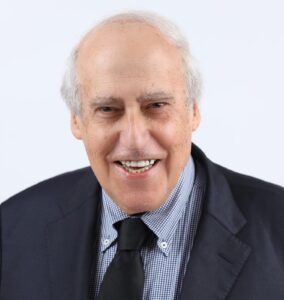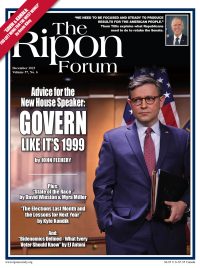
In the intricate tapestry of American democracy, the Electoral College, a mechanism devised to preserve the relative electoral power of smaller states, now stands as an antiquated relic that undermines the principles of fairness and equality. Originally implemented to ensure all states had a voice in the selection of the president, it has, over time, become a breeding ground for complications, chaos, and potential fraud, ultimately diminishing the participatory rights of citizens across the nation.
One of the glaring flaws in the current system is its tendency to disenfranchise smaller states. Take, for instance, my home state of Kansas, with its six electoral votes and historically Republican leanings. Rarely do presidential candidates grace the Sunflower State with their presence during general elections, especially Democratic contenders. This pattern repeats in numerous smaller states, rendering their citizens virtually invisible in the electoral process. The Electoral College, designed to preserve equality, paradoxically encourages candidates to focus solely on larger and swing states, sidelining vast sections of the country.
The Electoral College, a mechanism devised to preserve the relative electoral power of smaller states, now stands as an antiquated relic that undermines the principles of fairness and equality.
The very essence of the democratic principle, one person, one vote, is compromised by the disproportionate influence of certain states. Every American should have an equal say in determining the nation’s leader. Why should a citizen from Kansas be granted less participatory rights than a citizen from Arizona, Wisconsin, or Michigan? Abolishing the Electoral College would level the playing field, ensuring candidates engage with voters from all states, not just the politically strategic ones.
The 2020 election underscored the vulnerabilities inherent in the Electoral College, with attempts to manipulate the selection of electors casting a shadow over the democratic process. This historic anomaly, rooted in a lack of trust in the people, no longer aligns with the values of a modern democracy. The potential for manipulation erodes public trust and confidence in the democratic process, threatening the very foundation of our system.
Critics may argue that dismantling the Electoral College jeopardizes the political power of smaller states. However, this safeguard is already preserved in the United States Senate, where the smallest state enjoys equal representation as the largest. Reforming the presidential election process doesn’t diminish the voices of smaller states; it ensures that every citizen’s voice is heard and valued.
Admittedly, advocating for the end of the Electoral College will be politically challenging. Those invested in the status quo may resist change, citing the complexity and nuances of the current system. Yet, the ultimate goal should be to restore public trust in government and political leadership. By embracing a more direct and egalitarian approach to electing the president, we can forge a path toward a stronger, more resilient democracy that truly reflects the will of the people.
By embracing a more direct and egalitarian approach to electing the president, we can forge a path toward a stronger, more resilient democracy that truly reflects the will of the people.
A transition away from the Electoral College would not only empower citizens across all states but also encourage candidates to engage with the diverse needs and perspectives of the entire nation. The current system, with its focus on a select few battleground states, perpetuates a divisive and polarized political landscape. Moving toward a more inclusive and representative electoral process would incentivize candidates to address the concerns of all Americans, fostering a sense of national unity and shared purpose.
In the face of this imperative for change, there will undoubtedly be resistance. The intricate web of political intricacies and vested interests makes the road to reform a challenging one. However, the benefits of a more democratic future far outweigh the comfort of an outdated status quo. The time for change is now. By embracing reform and discarding the Electoral College, we can build a more resilient democracy that stands as a testament to the enduring power of the people.
The Honorable Dan Glickman served as the U.S. Secretary of Agriculture from 1995 to 2001. Prior to becoming the secretary of agriculture, Glickman represented the 4th Congressional District of Kansas for 18 years in the House of Representatives.




